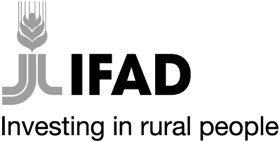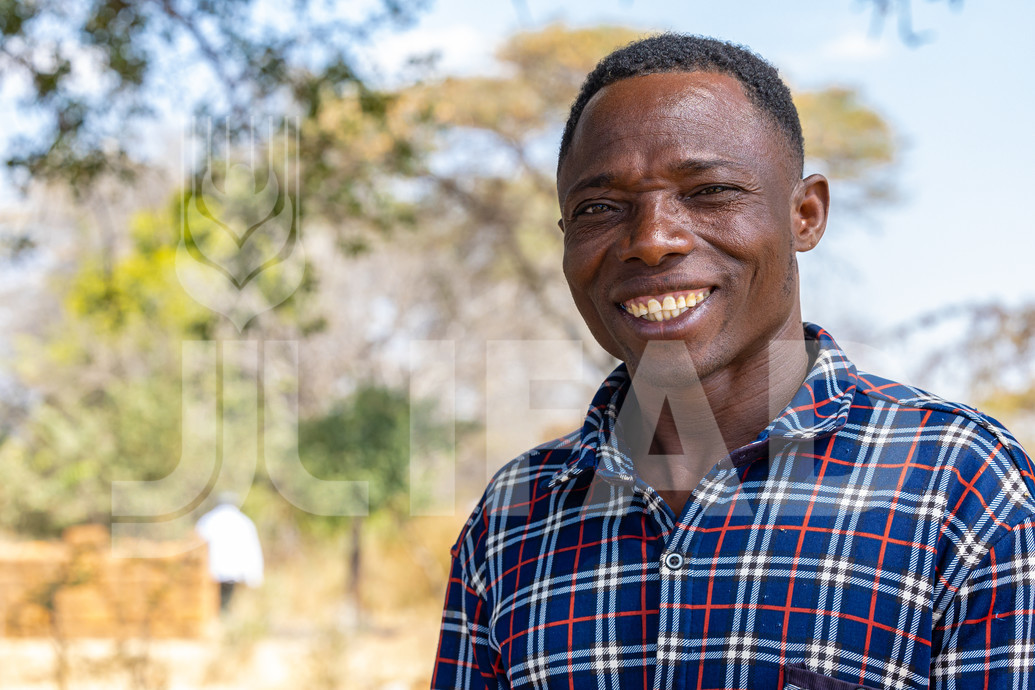| ID: | 86812 |
|---|---|
| Country: | Tanzania |
| Title: | Tanzania - Reversing Land Degradation trends and increasing Food Security in degraded ecosystems of semi-arid areas of Tanzania (LDFS) – July 2023 |
| Description: |
Jacob, Chairman of the Hadzabe community and beekeeping group leader, has played a critical role in leading the community to adopt modern technology in bee keeping in his village over the past five years. The Hazabe community are a hunter gathering tribe in Tanzania, known for their hunting game, collecting honey, digging tubers and gathering berries and other wild fruits. Traditionally in the past, the beehives were in the hollow trunks of the trees in the forest. Harvesting the honey meant two people would have to climb the tree without protective clothing, often getting stung. These types of hives had a low capacity to produce honey, producing approximately three litres of honey. With support from LDFS the Hadzabe community received 600 modern beehives, protective gear, training, and a honey processing centre. This collaboration has transformed their honey production, increasing efficiency, safety, and income. "The new hives are a game-changer," Jacob explains. "We can now harvest honey more efficiently, leading to increased sales and income." Despite challenges like climate change, the project empowers the community. The youth play a vital role in this initiative as they are responsible for harvesting the honey, which is then processed and packaged for sale. Profits earned from the sale of the honey are shared within the community, with portions allocated to pay the youth, women, support elders, fund community activities, and even create a collective celebration fund. Looking to the future, Jacob emphasizes the importance of education. "We want to equip our youth with the skills to pursue diverse career." Jacob's leadership and the community's dedication exemplify the power of collaboration in building a sustainable future for the Hazabe people. The Resilient Food Systems programme under Reversing of Land Degradation Trends and Increasing Food Security in Degraded Ecosystems of Semi-arid Areas of Central Tanzania (LDFS) project seeks to support food production and security (in terms of quantity, accessibility, and quality) in Tanzania. This entails addressing drivers for unsustainable land management and land degradation as well as biodiversity loss and support adaptation strategies to climate variability in the agricultural sector, fostering small farmer’s and pastoralist’s resilience to climate and other shocks. The project focuses on geographic areas with high levels of poverty, food insecurity, malnutrition of children under 5 years old, land degradation and low average annual rainfall, as well as areas where there might be conflicts among communities related to access to and use of crop, grass and forest land and water resources. It currently covers twenty-two villages in five districts in semiarid areas of Mainland Tanzania, including Kondoa, Nzega, Magu, Chemba and Mkalama District. |
| Size: | 14.10 MB; 5839 x 3893 pixels; 494 x 330 mm (print at 300 DPI); 1545 x 1030 mm (screen at 96 DPI); |
| Show more details: | Imani Nsamila |
| Copyright: | ©IFAD/Imani Nsamila |
| Categories: | New from East and Southern Africa |
| URL: | https://www.ifad.org/en/ |

